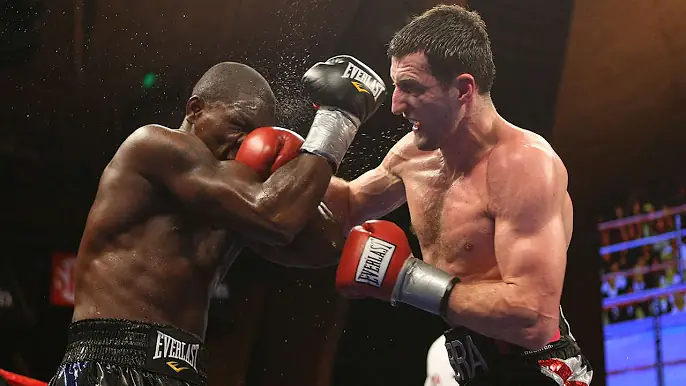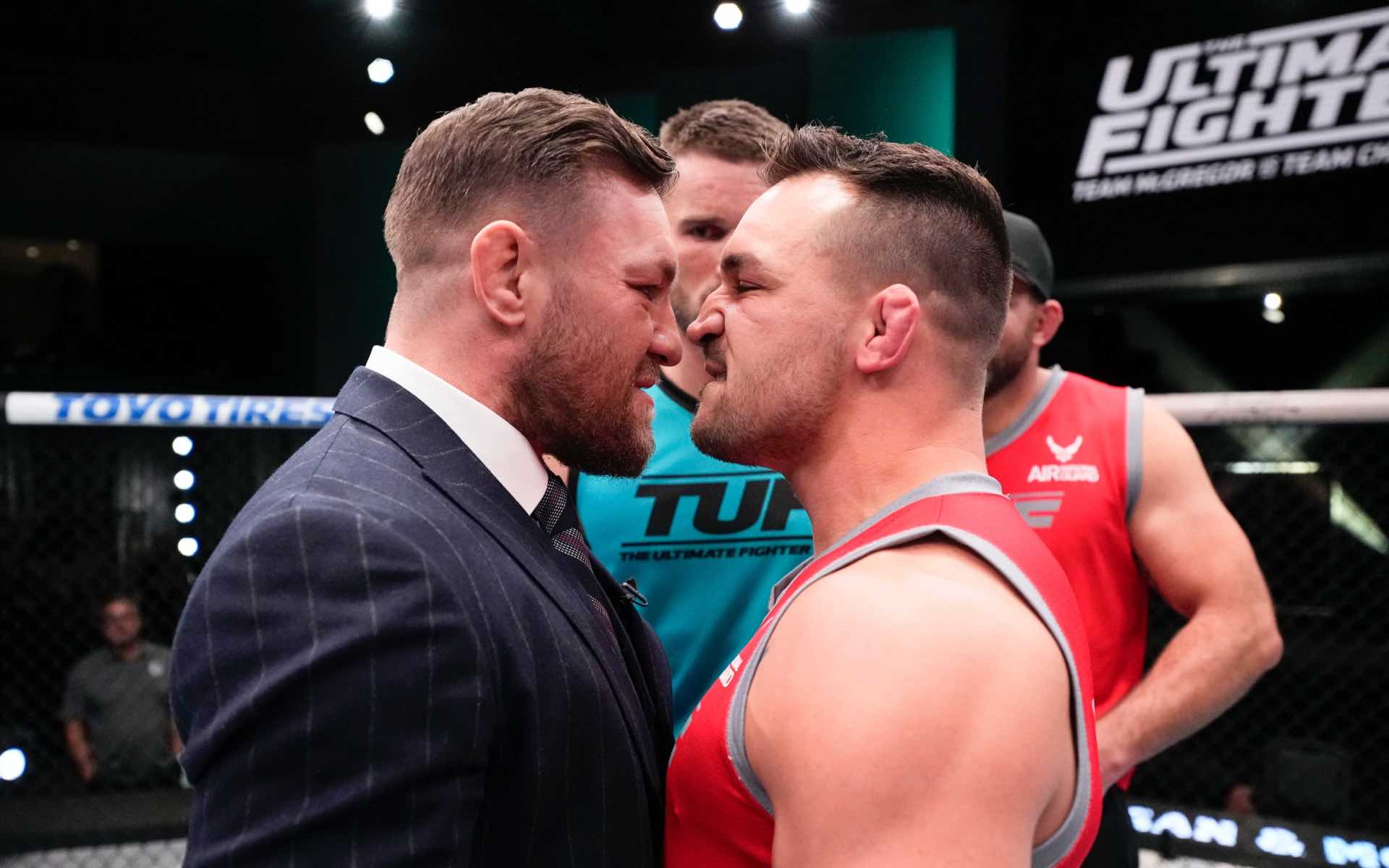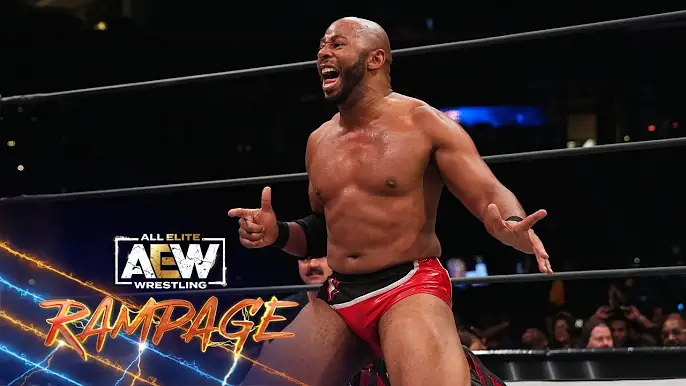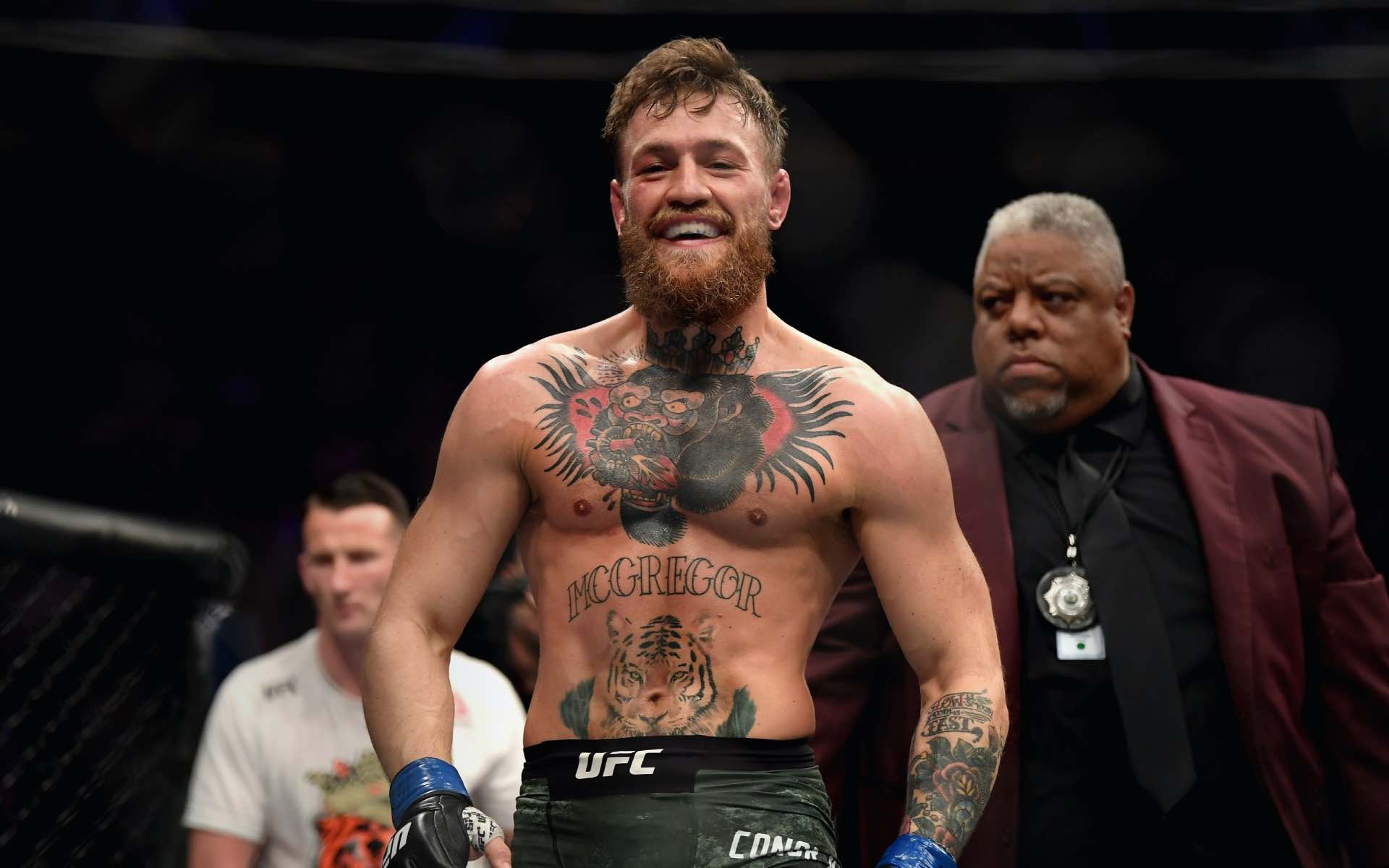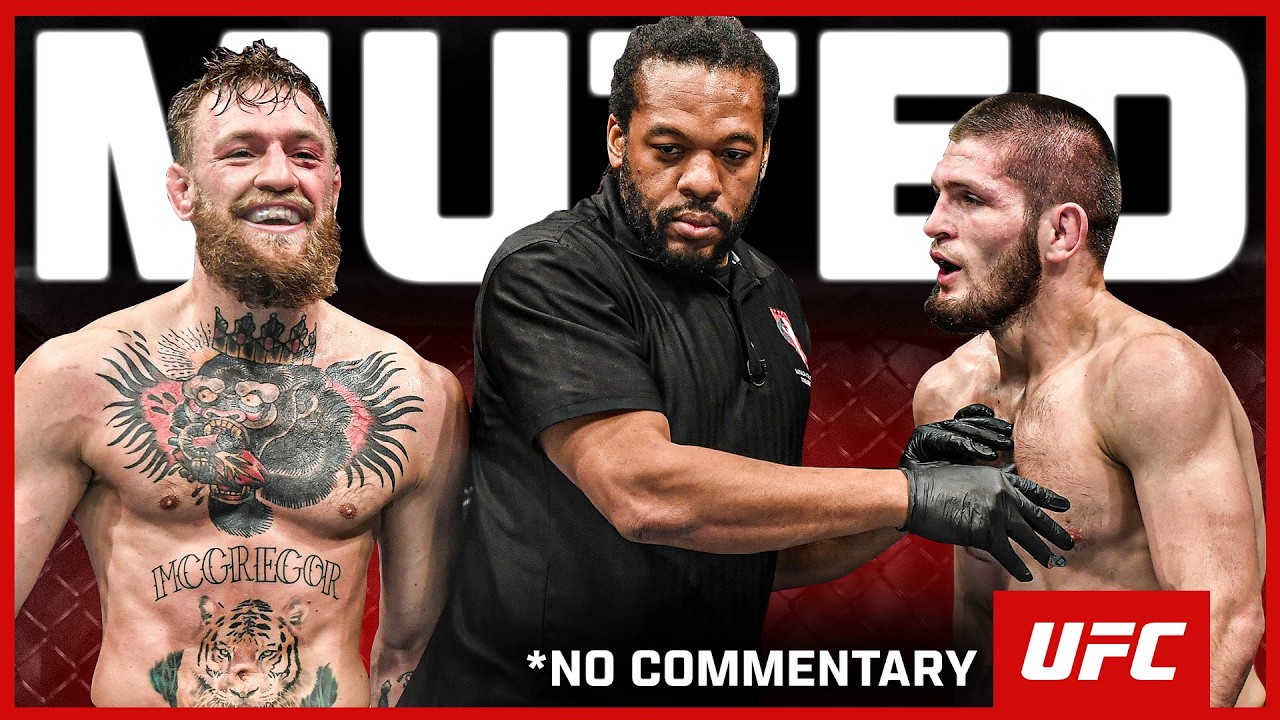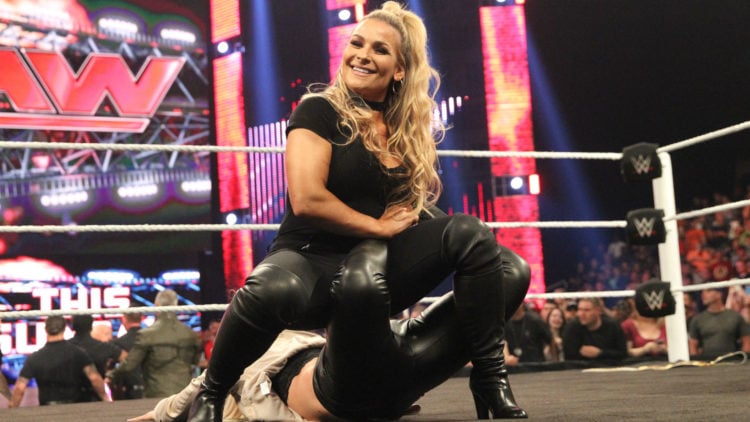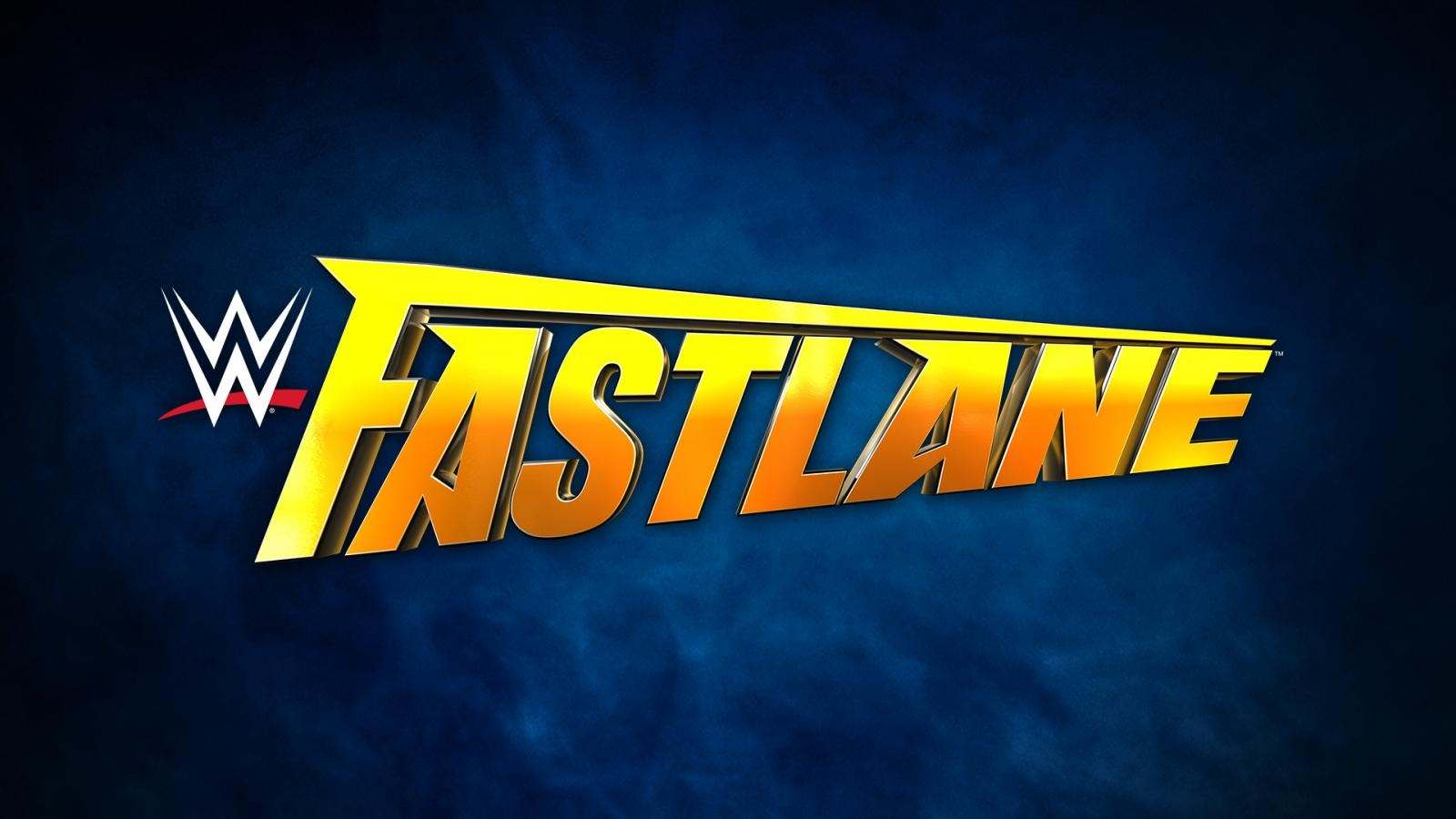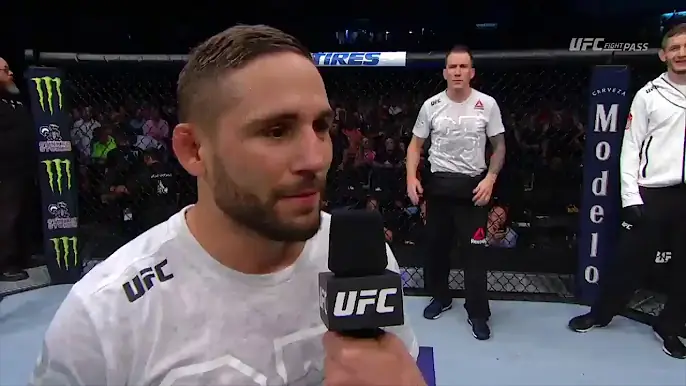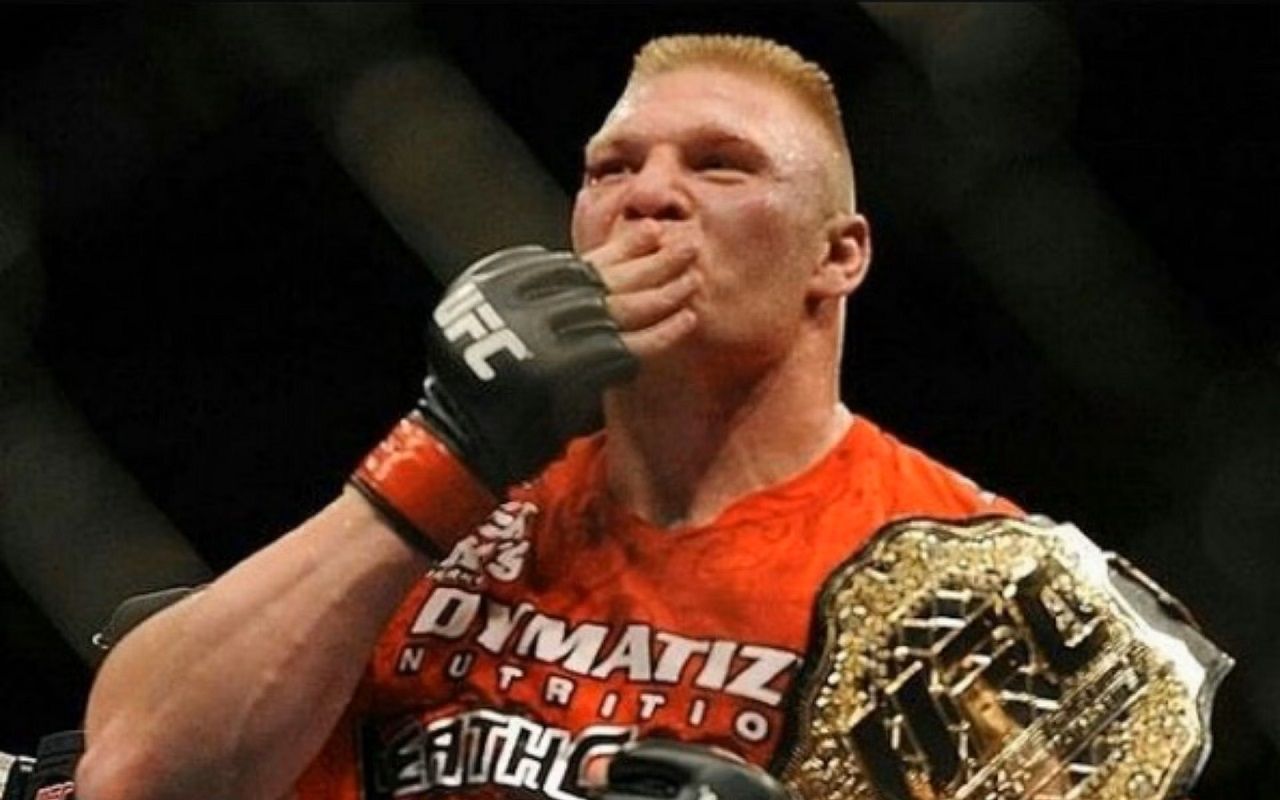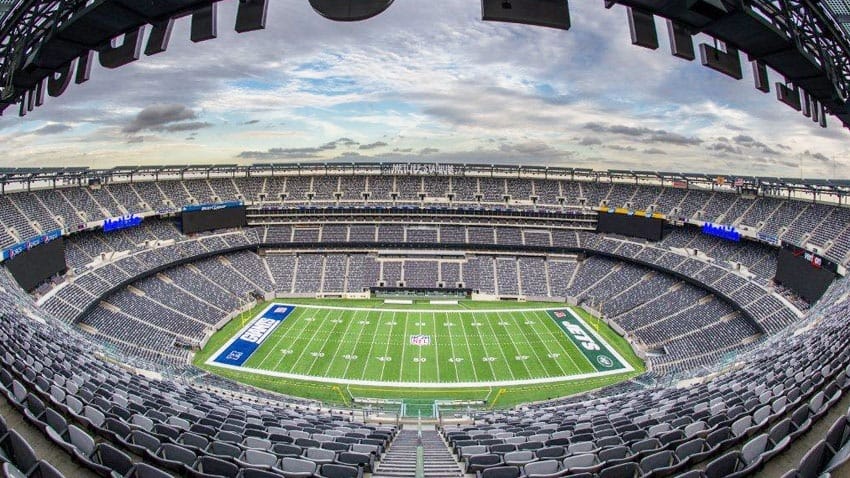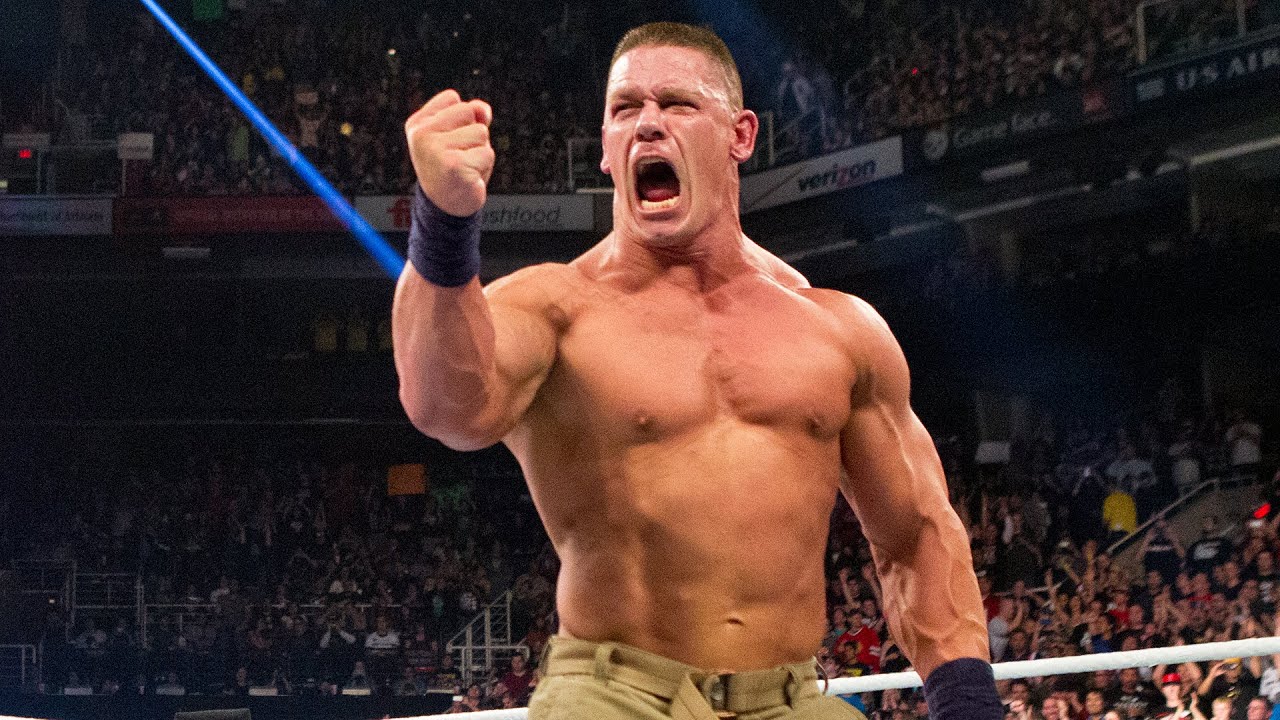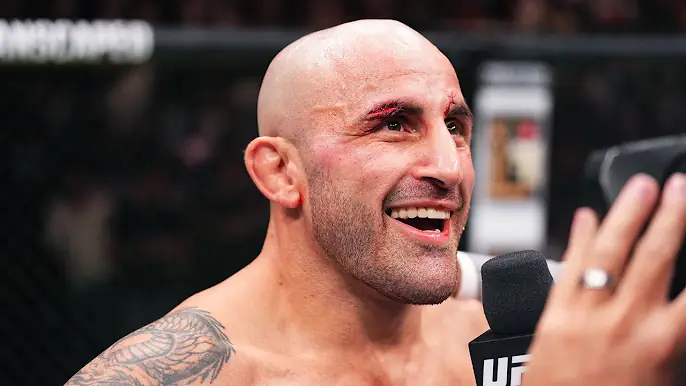Froch Critiques Wilder: “From Punching Power To Powerless Puzzle” – Boxing Analysis By Carl Froch
After Deontay Wilder was thrashed by Joseph Parker in Riyadh, former boxing champ Carl Froch gave his take on What Went Wrong With the Bronze Bomber. Froch did not mince words: Wilder looked weak in the ring, without guts or desire. Froch, whose fight against Parker ended after twelve rounds in a unanimous decision for the latter, said he does not believe what Wilder did will have much of an impact on sports.
Froch’s criticism gets into many facets of Wilder’s game, including the element upon which his success has been built: punching power. Froch says that Wilder only seemed to be a shell of his former self. The former heavyweight champion followed up further on Wilder’s puny physique to say that it was a fighter who had reach.
Froch’s critique of Wilder is peppered with concern for his dedication to sport. He thinks that perhaps those who have made their fortunes aren’t as willing to subject themselves to the rigorous training required of elite-level boxing. Here the articulate Froch paints a picture of Wilder as someone at 213 lbs who seems to have been living out his life away from boxing ring rather than alienating himself from society through exhaustive resistance training in order to hone their craft.
Wilder’s unconventional physique. Froch describes him as a “tall, skinny geezer with chicken legs” and questions where Wilder gets his devastating power. This scrutiny doubts the sustainability of such a fighting style so heavily based on power when other aspects of the game seem to be lagging.
Froch’s analysis has an overall theme: Wilder’s state of mind and motivation. The ex-champ says that it was as if Wilder had never been in a ring before, arguing either for lack of experience or, more disastrously, for the absence of strategy against Parker. Froch paints a telling picture of Wilder’s reluctance to risk, finally relinquishing the match to an opponent who had previously been eleventh-round knocked out by Joe Joyce.
Froch says that Wilder’s attitude was not at all the measured aggression of his earlier bouts. What had once been feared as a right hand that could change the course of a heavyweight title fight suddenly seemed drained, losing its force. This evaluation of Wilder’s deteriorating reflexes, decreased hand speed, and reaction time contributes to the tale of a man who now seems little more than a pale spectre.
Although Wilder has always been known as a one-punch knockout artist, Froch says it’s never really been his game. Here he paints a picture of the outboxed fighter, who lacks the technical capability to adapt. This is the crux of Froch’s analysis of Wilder: his possible retirement.
Froch doesn’t hesitate to make the prediction that Wilder will end his career. He suggests that if Wilder comes out of the ring for a stretch as long as this year and a half prior to your fight, retirement would be the only logical consequence. Unless Wilder finds motivation to return with a new enthusiasm for sport, the likelihood of poor results in future bouts against top-level heavyweights is enormous.
Criticism goes beyond Wilder’s shortcomings; it includes his mental state as well. Froch, like George Groves, notes Wilder’s apparent lack of faith in his own ability to land punches. His lack of trust in the accuracy of his punch and probably absent chin confidence create an image not just of a fighter on decline but of one who is no longer willing to execute moves that once were characteristic.
Turning on another tack, it switches to Joseph Parker’s redemption and rise. The boxer himself notes that Parker’s strategy to be aggressive from the outset was key to the fight. Parker’s mention of new members joining the training team, including nutritionist George Lockett, deepens our understanding a bit more about how thoroughly his fight against Wilder was prepared.
This is presented as the tale of improvement and progress for Parker, from defeat to Joe Joyce through victory over Wilder. Nonetheless, the article throws some shade on how much Parker has really advanced when faced with Wilder’s poor showing. It indicates that perhaps Parker’s win is not as much a testament to his own rise as it might be to Wilder’s fall.
Parker thanks Tyson Fury. The article ends with everyone saying thank you and goodbye to both men. This future prospect of opening up the possibility for anyone to face Parker, coupled with uncertainty about who will emerge from a heavyweight division in flux, leaves readers wondering what clashes tomorrow may bring.
Carl Froch’s analysis presents a bird’s-eye view of Deontay Wilder that has begun to fall apart and doubts the retention value of postpound wild bear fighting styles completely dependent on punching power. The contrast with Joseph Parker’s redemption adds depth to the story, alluding to how constantly changing the heavyweight division is and that for these fighters, there are ominous clouds on their respective horizons.
